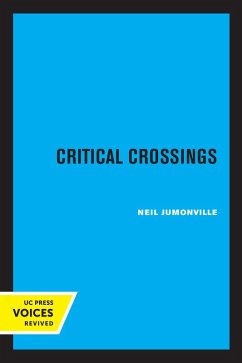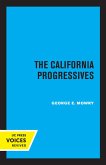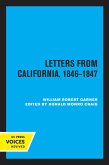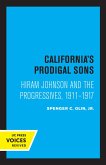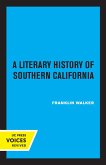The period immediately following the Second World War was a time, observed Randall Jarrell, when many American writers looked to the art of criticism as the representative act of the intellectual. Rethinking this interval in our culture, Neil Jumonville focuses on the group of writers and thinkers who founded, edited, and wrote for some of the most influential magazines in the country, including Partisan Review, Politics, Commentary, and Dissent. In their rejection of ideological, visionary, and romantic outlooks, reviewers and essayists such as Sidney Hook, Irving Howe, Lionel Trilling, Harold Rosenberg, and Daniel Bell adopted a pragmatic criticism that had a profound influence on the American intellectual community. By placing pragmatism at the center of intellectual activity, the New York Critics crossed from large belief systems to more tentative answers in the hope of redefining the proper function of the intellectual in the new postwar world. Because members of the New York group always valued being intellectuals more than being political leftists, they adopted a cultural elitism that opposed mass culture. Ready to combat any form of absolutist thought, they found themselves pitted against a series of antagonists, from the 1930s to the present, whom they considered insufficiently rational and analytical to be good intellectuals: the Communists and their sympathizers, the Beat writers, and the New Left. Jumonville tells the story of some of the paradoxes and dilemmas that confront all intellectuals. In this sense the book is as much about what it means to be an intellectual as it is about a specific group of thinkers. This title is part of UC Press's Voices Revived program, which commemorates University of California Press's mission to seek out and cultivate the brightest minds and give them voice, reach, and impact. Drawing on a backlist dating to 1893, Voices Revived makes high-quality, peer-reviewed scholarship accessible once again using print-on-demand technology. This title was originally published in 1991.
Dieser Download kann aus rechtlichen Gründen nur mit Rechnungsadresse in A, D ausgeliefert werden.

